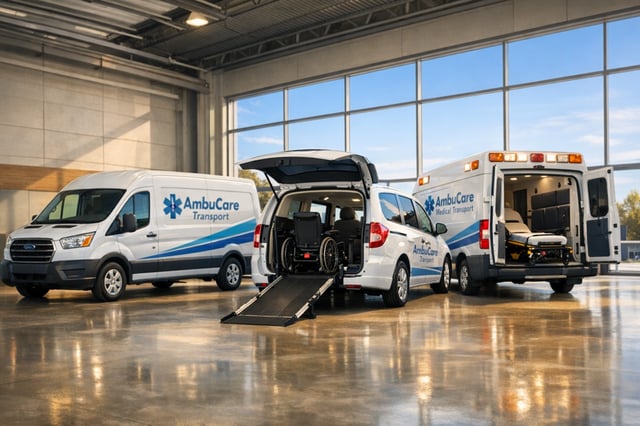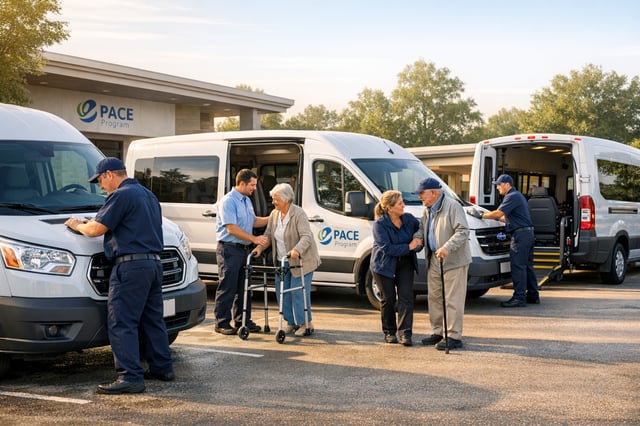

NEMT Entrepreneur provides expert insights, strategies, and resources to help non-emergency medical transportation professionals grow their businesses. Get industry-leading advice to succeed in NEMT.
Featured articles
Understanding NEMT Compliance: A Guide for Providers
Running a non-emergency medical transportation business comes with a unique set of challenges, especially when it comes to meeting regulatory standards. Whether you're a small operator with a handful of vehicles or managing a larger fleet, knowing the rules in your state is non-negotiable. That’s where tools like a tailored NEMT regulatory checklist can make a huge difference, simplifying the process of identifying what you need to do to stay compliant.
Why Compliance Matters
Every state has its own set of guidelines for medical transport providers, covering everything from driver certifications to vehicle safety features. Missing even one requirement could lead to fines, suspended operations, or worse—putting your clients at risk. For instance, some regions mandate specific insurance levels based on fleet size, while others might require specialized training for drivers handling stretcher services.
Getting Started
The good news? You don’t have to dig through endless government websites to figure this out. By using a resource that filters non-emergency transport regulations based on your location and business type, you can quickly pinpoint what applies to you. Stay ahead of the game by regularly reviewing these standards and consulting with experts to ensure your operation runs smoothly and safely.
FAQs
What exactly does this NEMT compliance tool cover?
This tool helps you understand the specific regulations for non-emergency medical transportation in your state. Based on your inputs—like where you operate and whether you offer wheelchair-accessible services—it pulls together a checklist of key requirements. Think licensing, insurance minimums, driver training, and vehicle safety standards. It’s a starting point to get you on track, though I always recommend double-checking with a legal pro for your unique situation.
Are the compliance requirements updated regularly?
We do our best to keep the database current with federal and state-specific NEMT rules, pulling from the latest available resources. That said, regulations can shift unexpectedly, and some states might update policies without much fanfare. Use this as a guide, but always verify with official sources or a compliance expert to ensure you’re fully in the clear.
Can I use this tool for multiple states if I operate in more than one?
Absolutely! Just run the tool separately for each state you operate in. Regulations can vary wildly from one place to another, so selecting each location individually ensures you get the most accurate checklist for that area. It’s a bit of extra effort, but it’ll save you from missing critical rules that could differ across state lines.


